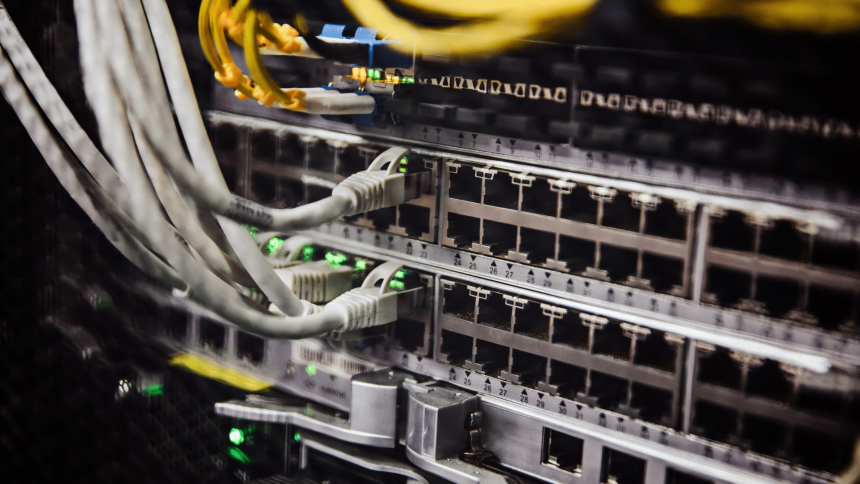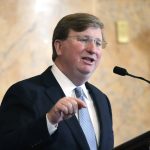The Federal Communications Commission (FCC) has awarded the University of Mississippi’s Center for Population Studies $350,000 through the new Affordable Connectivity Outreach Grant Program.
The center – which the FCC has recognized as a “trusted messenger” – will use the money to identify Mississippians who do not have access to broadband internet and offer help to qualified households who elect to secure discounted internet services and to receive an electronic device.

“We were one of five entities selected (in Mississippi), including the state’s broadband office,” Anne Cafer, the center’s director, said. “This is part of an ongoing initiative by CPS to work with communities on issues around broadband. Our Delta legal fellow, Jillian Morrison is leading the charge.”
The goal of the FCC’s $14.2 billion Affordable Connectivity Outreach Program is to establish broadband internet service in households who could not previously afford it.
Eligible Mississippians for this outreach include low-income households, aging populations, individuals with disabilities, individuals with a language barrier, racial and ethnic minorities, and rural inhabitants.
The FCC funding allows the center to provide information to those eligible for discounted broadband internet service and to guide the sign-up process. This combination of informing and assisting qualified households aims to bridge the digital divide, to reach those who qualify within Mississippi but have not received internet service.
More than 14 million low-income households nationwide have enrolled in the ACP. The program provides a discount of up to $30 per month toward internet service for those in qualifying sectors, with up to $75 per month for households on qualifying tribal lands – including the Mississippi Band of Choctaw Indians
Eligible households can also receive a one-time discount of up to $100 to purchase a laptop, desktop computer, or tablet from participating providers if they contribute between $10 and $50 toward the purchase price.
Mississippi awarded $1.2B to expand internet access in underserved parts of state







